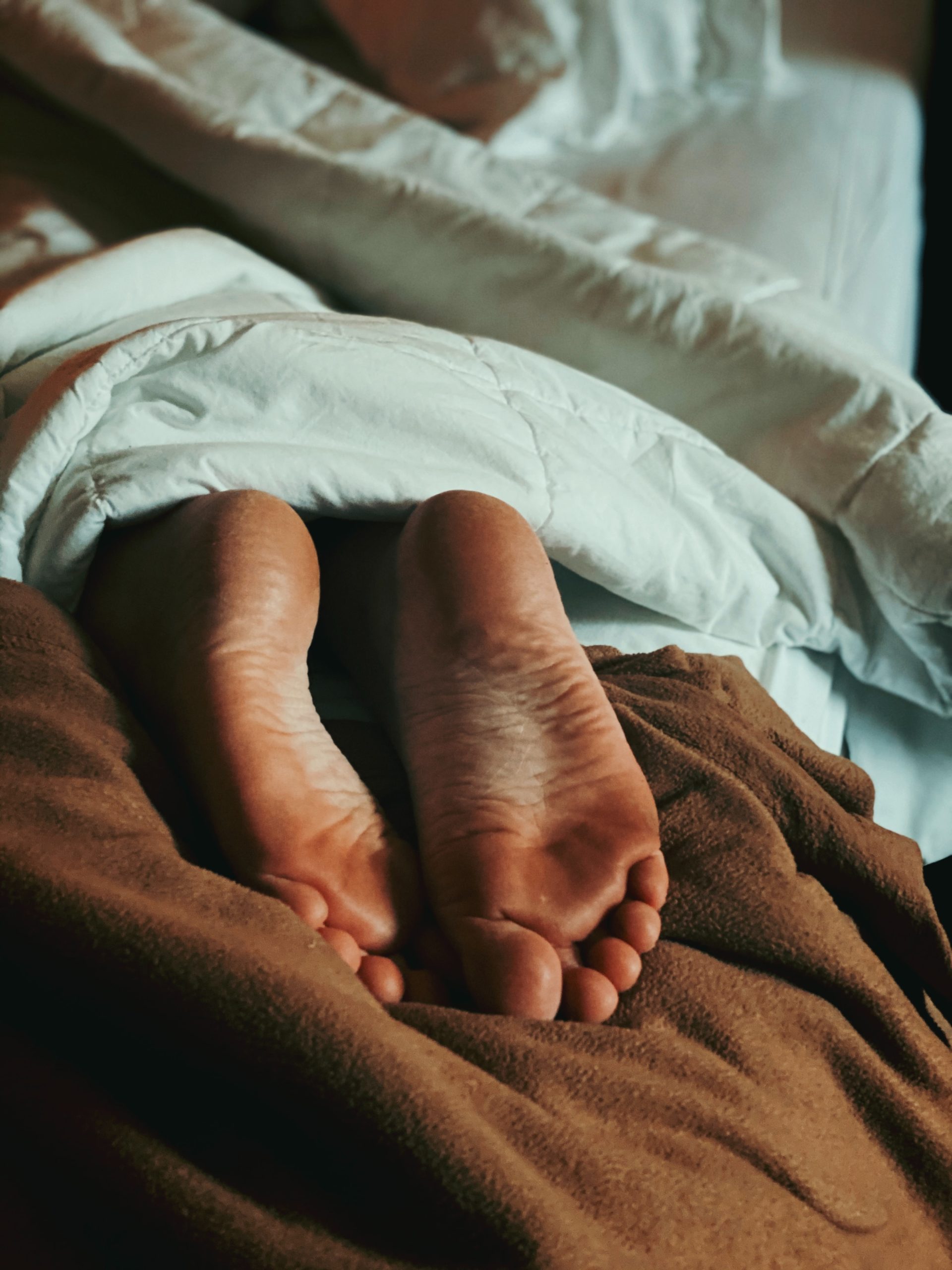If diabetic foot complications are not treated, they can lead to a number of wide-ranging and severe conditions, including nerve issues, chronic wounds, extraordinary injuries, and deformities.
Here at City Chiropody, we want to make sure you have all the information on your feet. That’s why we wrote this blog to answer all your questions. We want to make sure you know the risks and how to prevent them so you can walk with confidence!
What can happen to my diabetic feet?
1. Your nerves can become faulty – Nerves are responsible for the sensation of touch and pain and controlling muscle movement, regulating digestion, and other “automatic” systems.
High blood sugar levels can cause inflammation in our bodies, pinching or blocking nerve endings in our feet. If this symptom is left untreated, you may experience tingling or burning sensations in your feet. Later, the numbness will spread, causing you to lose sensation and muscle strength in your legs.
2. Your heart rate may drop, and your blood may stop flowing. Our feet and toes are the furthest from the heart, which means they receive less blood flow than other parts of our body. Diabetes can worsen this problem.
3. You can’t feel your feet when they’re in pain. Though this is a result of nerve and circulatory problems, if you can’t feel your foot, you won’t notice cuts, blisters, ingrown toenails, or broken bones. And if you have poor circulation, your body won’t be able to heal tissue or fight off any illness.
4. Bones, ligaments, and tendons can weaken without the nutrients they need. They’re more likely to tear, crack, or snap. Diabetes makes people more likely to develop foot problems like bunions and hammertoes.
5. One of the worst things that can happen to your foot is amputation. This might occur if you develop a deformity that cannot be reversed or if an infection starts to spread and kills healthy cells.
How can you prevent diabetic foot complications?
- Check your feet accurately for any visible cuts, bruises, lumps, or anything that looks unhealthy or painful. (This includes ingrown toenails, which can become infected if not treated.)
- Check your nails, which should be clean and the right length.
- Check your toenails, making sure you haven’t accidentally turned them under or clipped them too short.
- Examine the skin on your feet for rashes, sores, or any unusual discolouration.
Type 2 diabetes does most of its damage because of high blood sugar levels. Managing your glucose with the right diet and insulin will keep your feet healthy for longer.
To keep your feet feeling fresh and rejuvenated, wash them at least once a day. A quick soap with lukewarm water is all it takes. If your feet are especially dry, apply a moisturiser to the cracked areas, but ensure not to get the moisturiser between your toes as it could cause a fungal infection.
Participating in safe exercise is also essential to manage your sugar levels and keep your circulation flowing. However, it would be best if you discussed it with your doctor first. Here are some exercises to keep in mind when you are living with diabetes; aerobic activities, such as walking, jogging, biking, swimming, and dancing.
Alcohol and smoking can put you at risk for diabetes-related complications and injuries. Cutting them out of your life is the best thing for you to do. Talk to your doctor about alcohol and diabetes and find out what you can and cannot drink. If you smoke, talk to your doctor about how to stop smoking for good!
You must see your podiatrist regularly, at least once a year. They will look for any ongoing problems and test your nerves for early warning signs of damage. You’ll also find out if you need to be fitted with diabetic shoes. If you feel you are due an appointment for a diabetic foot check, don’t hesitate to book an appointment with us.
*This blog contains general information about medical conditions and is not advice. You must not rely upon the information in this blog as medical advice. Medical advice should always be sought from an appropriately qualified podiatrist such as ourselves.

